Farming
Future farm policy must not be piecemeal
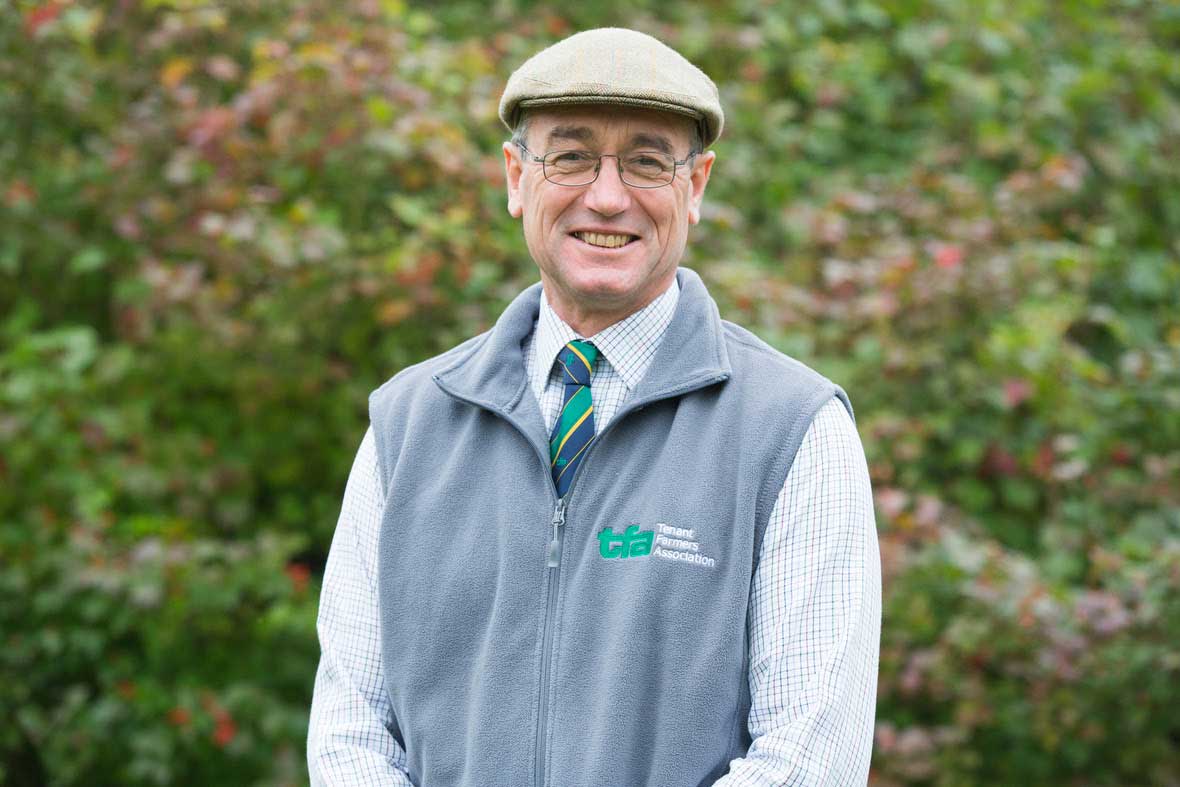
THE TENANT Farmers Association’s National Chairman James Gray has stressed the importance of Government seeing the bigger picture in the development of post Brexit agricultural policy.
Speaking to the TFA’s AGM in London, Mr Gray warned about the dangers of addressing specific policy elements in isolation from the wider context within which farming operates.
“With the country’s decision to leave the European Union in a little over a year’s time, we have a unique opportunity to build a policy for agriculture on our own terms rather than those which have been the result of compromise with the other 27 Member States of the European Union. To do this successfully, the Government must work systematically,” said Mr Gray.
“Put at its most basic, what the new policy framework must address is how to ensure that as a nation we continue to deliver to consumers safe, good quality food, produced to high environmental, ethical and animal welfare standards at prices they can afford and which provide adequate returns to the farming community to cover costs, provide a living and produce a profit which enables reinvestment. It sounds simple to say but more complicated to deliver. It is only recently that we have seen something of the Government’s intention to address this conundrum and it is fair to say that we are some way off achieving a solid basis for taking this forward,” said Mr Gray.
“There will be much to do over the coming months to hone the future policy environment to ensure that we are ready for the brave new world beyond any implementation period agreed with the EU; notwithstanding the possibility of leaving the EU without a deal. The publication of the Government’s 64 page consultation document is a step along the way but it lacks sufficient detail in areas such as correcting market failures within supply chains, protecting animal welfare and environmental standards for food at our borders, promoting structural change and dealing with the challenges of labour supply both in primary agriculture and for first processors. All these areas have equal importance with the future of the Basic Payment and Agri-environment schemes about which the consultation has more to say,” said Mr Gray.
The TFA has also been encouraging landlords and tenants to use the pre-Brexit period for productive discussions about how both parties intend to deal with the opportunities and challenges which lie ahead and leaving discussions about levels of rent until later.
“With so much uncertainty the TFA has been encouraging tenant farmers to ensure that they are in a position to have a rent review available in either the autumn of next year or the spring of the following year when we should know more about the future of our relationship with the EU and the policy environment within which we will be operating,” said Mr Gray.
Farming
Natural Resources Wales urges farmers to follow safe slurry spreading rules

NRW is reminding farmers across Wales to take key steps to prevent pollution as the organic manure spreading season re-opens.
During the autumn and winter “closed periods”, restrictions were in place to stop slurry and other high-nitrogen manures being spread, helping reduce the risk of agricultural pollution.
Grassland spreading can resume from Thursday (Jan 16), with spreading on tillage land re-opening on Friday (Jan 31). However, NRW said a number of controls under the Control of Agricultural Pollution Regulations (CoAPR) will remain in force until the end of February.
Those restrictions include limits on application rates — no more than 30m³ of slurry per hectare, or eight tonnes of poultry manure, in a single application — with at least three weeks required between applications.
Before spreading organic manure, producers must also carry out field inspections to assess weather and soil conditions, slope, ground cover and proximity to watercourses, to help reduce the risk of runoff.
Farm businesses are expected to plan and record all applications in their Nitrogen Management Plan to ensure nutrients match soil and crop need and remain within nitrogen limits.
Spreading is prohibited on waterlogged, flooded, snow-covered or frozen ground — including soil that has been frozen for more than 12 hours in the previous 24 hours.
NRW said its teams will continue to support farmers while monitoring compliance.
Simon Griffiths, team leader of NRW’s Agricultural Pollution Inspection Team, said: “As the closed periods come to an end, we want to remind farmers, tenants, landlords and contractors of the restrictions which remain in place until the end of February.
“This means anyone considering spreading organic manure needs to ensure the conditions are suitable before work starts.
“NRW is committed to protecting the environment and any instances of pollution will be investigated and appropriate enforcement action taken.”
NRW is urging farmers and members of the public to report pollution incidents immediately via its online “report it” form or by calling 0300 065 3000.
Business
Redevelopment scheme at Castle Villa farm to be considered
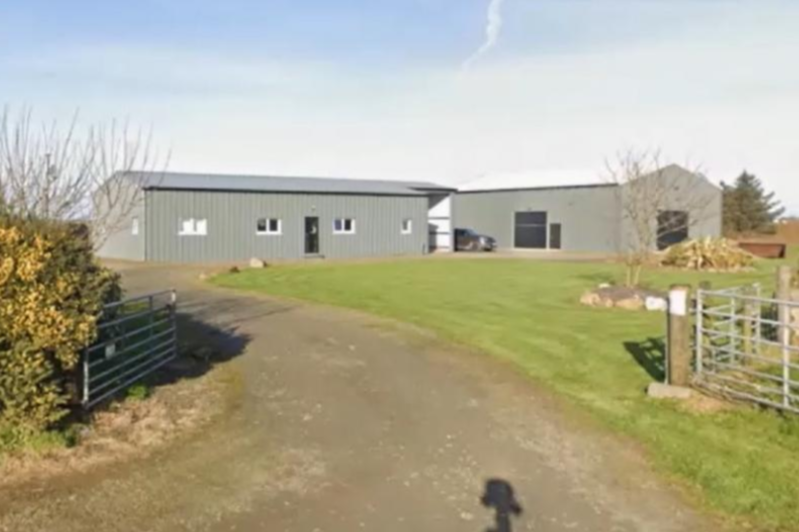
A PREVIOUSLY refused call for the relocation of a Pembrokeshire farm diversification scheme which packages and distributes specialist medical equipment across Europe will be decided by full council after being backed a second time by councillors.
In an application recommended for refusal at the January meeting of Pembrokeshire County council’s planning committee, Mr Van Der Spoel sought permission for the relocation and expansion of an existing farm diversification business into an existing agricultural building at Castle Villa, Hayscastle.
It had previously been recommended for refusal at the December meeting, but members went against the officer recommendation with a ‘minded to’ approval, meaning it returned to the January meeting after a ‘cooling off’ period.
Back in July a similar application by Mr Van Der Spoel, through agent Harries Planning Design Management, was refused by planning officers.
A supporting statement for that application said the Dutch-born applicant, together with his wife and adult daughter ran the farm diversification business packing specialist medical insulated insulin supplies at their 135-acre sheep farm.
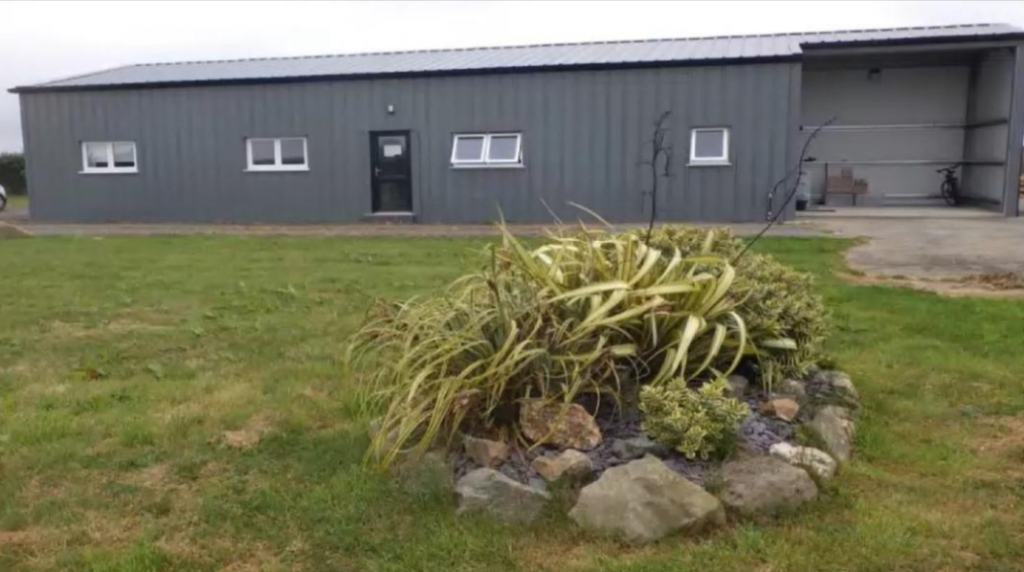
It added: “The business run from this site is FRIO ASTRID EURO Ltd, which has a franchise agreement with FRIO UK. This business has been run from Castle Villa since its incorporation in 1998. The business was initially run from the stable building on the farmyard at Castle Villa.
“The business set-up involves receiving stock from FRIO UK in Wolfscastle, packaging orders and distributing the stock to seven Western Europe countries.”
Wolfscastle-based FRIO produces the world’s first patented insulin cooling wallet which keeps insulin and other temperature-sensitive medicines cool and safe.
The scheme for the business, said to have outgrown its current site, was refused by county planners on grounds including a lack of “robust evidence” to prove it couldn’t be sited within a nearby settlement or an allocated employment site, such as Haverfordwest.
The latest application is recommended for refusal on similar grounds.
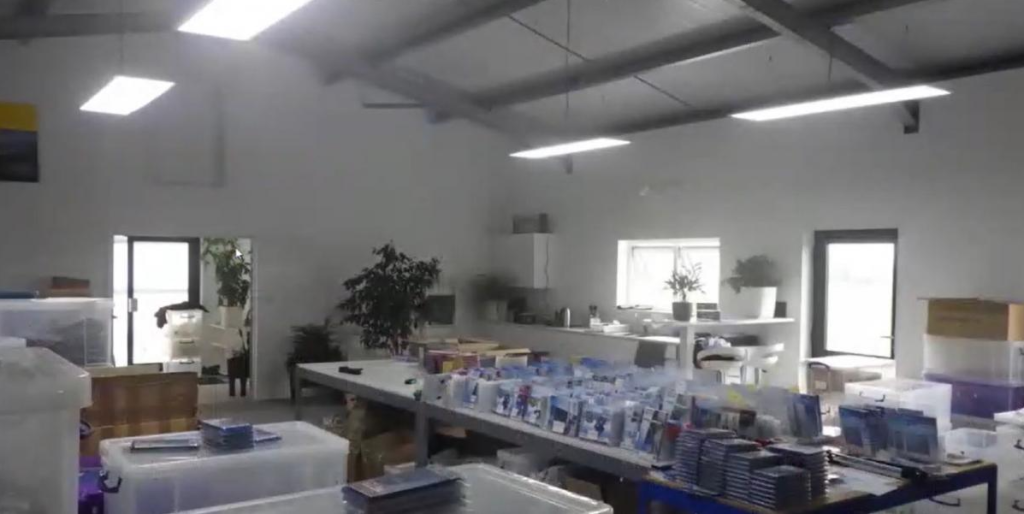
At the December meeting, members heard from agent Wyn Harries his client’s business, selling into Holland, Belgium, Switzerland, and Germany, accounted for some 20 per cent of FRIO UK’s trade on its own.
Mr Harries spoke again at the January meeting, saying previous articles in the Western Telegraph had shown a great deal of public support for the scheme, which had no local objections, adding of the previous ‘minded to’ approval: “Comments on the Western Telegraph [story] show the general populace would be like-minded with the councillors.”
Cllr Mark Carter said: “The only comments [locally] are why aren’t they allowed to continue? It’s almost an ideal business, they are there, it’s tidy, they are getting on with it, there’s never a complaint, it is very hard to see the business that is going on there; I’m absolutely fully supportive of this family.”
Officers had, if members were again supportive of the scheme, proposed a Section 106 legal agreement condition for approval, to ensure the FRIO ASTRID storage and distribution use remains in the same ownership and control as the existing farm business.
A call by Cllr John T Davies to again go against the officer recommendation of refusal was made, supported by 11 members, with one voting for refusal.
The application will now go before a future full council meeting for a final decision, expected to be the March meeting.
Business
Cresswell Quay potato farm allowed to keep holiday let

A CALL to allow a 600-acre Pembrokeshire potato farm to keep a holiday let erected “in innocence” without permission, which is said to be essential for supporting the business, has been approved.
In an application recommended for approval at the January 13 meeting of Pembrokeshire County council’s planning committee, Mr and Mrs I and F Elliot sought permission for the continued use of a mobile unit with a veranda as tourist accommodation at Cresswell Barn Farm, Cresswell Quay.
Cresswell Barn Farm supplies potatoes to Welsh supermarkets and the site has a certified campsite.
The application was before the committee rather than being delegated for an officer decision as it was recommended for approval, subject to the completion of a Section 106 legal agreement essentially keeping it for holiday use only, despite being in conflict with the development plan and was made by a close family member of an officer in the planning service.

An officer report accompanying the application said an enforcement investigation was started way back in 2012 following a claim a caravan was located at the site and was being used for residential purposes.
That was closed in 2023; a 2022 investigation taking place after an allegation a structure on-site was being used for holiday letting.
A 2023 certificate of lawfulness application was made to regularise the breach of planning, saying the unit had been used for residential purposes for more than a decade, but insufficient information was provided to allow it, the report said.
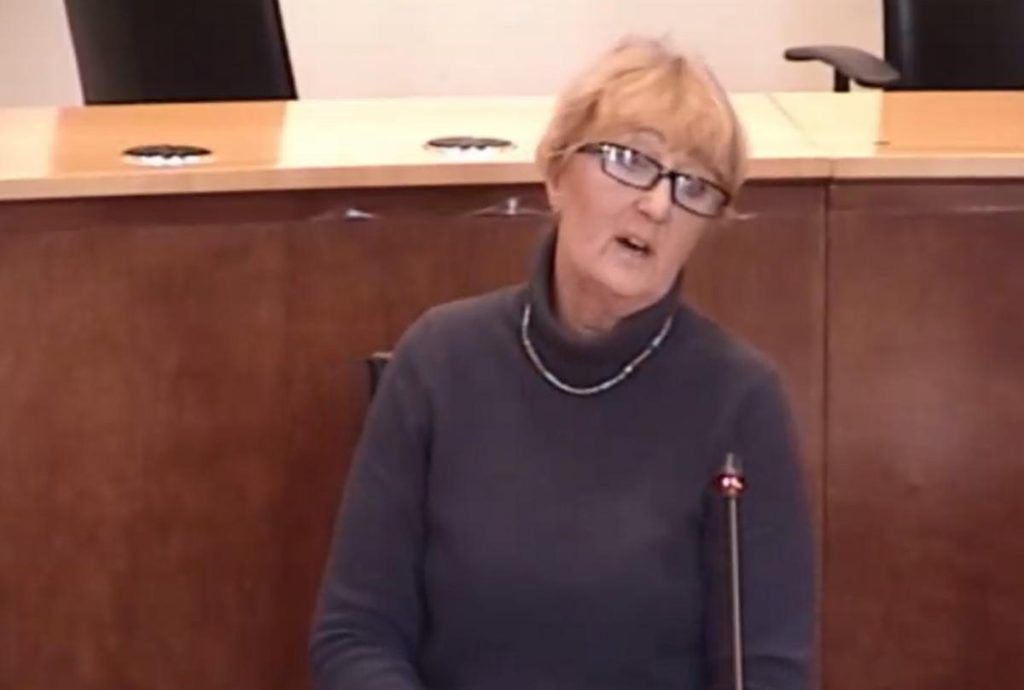
An appeal against this was later made to Planning and Environment Decisions Wales (PEDW) but was withdrawn by the applicant.
It said the enforcement action was ongoing, leading to the formal planning application.
Of the site itself, the report said: “The agent has confirmed that due to many variables, there is no typical year for the enterprise in terms of profitability and that the income generated from tourist related activities at the farm, is critical to the farming enterprise. The high-quality holiday unit therefore provides an additional income stream for the farming enterprise.”
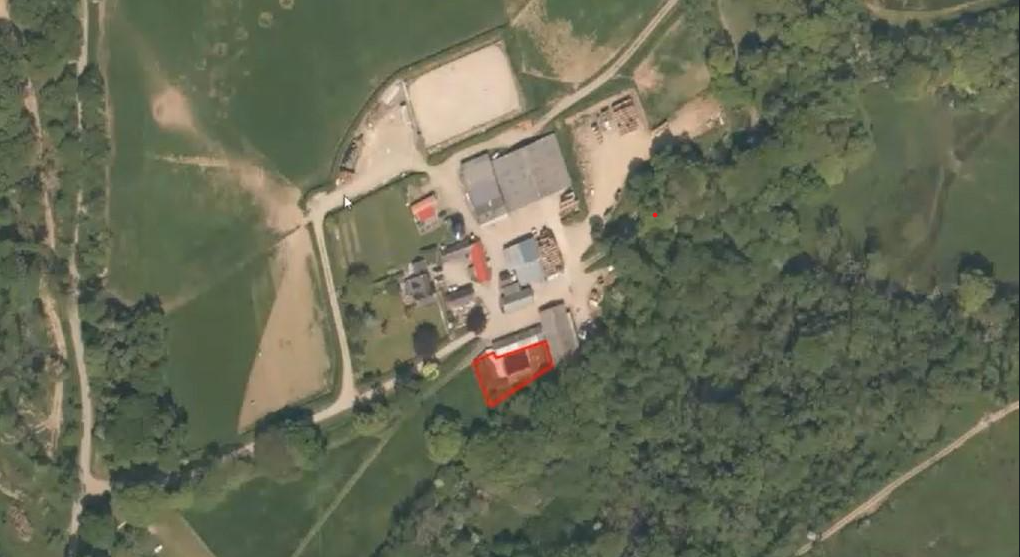
It added: “The holiday unit is located adjacent to buildings that make up the farm complex, with the accommodation offering guests an immersive rural experience that introduces them to aspects of the rural economy.
“Information submitted in support of this application confirms that the income from the holiday uses at the site is critical to supplementing the potato farming enterprise.”
Speaking at the meeting, Fiona Elliot said the holiday let was a small-scale part of the wider farm complex; the building having been on-site for some 15 years, the applicants more recently “in innocence” using it as a holiday let, which visitors have described as “five-star,” not realising they needed planning permission.
Following a call by Cllr Brian Hall to back the officer recommendation of conditional approval, members unanimously supported that.
-

 Crime6 days ago
Crime6 days agoMilford Haven man tells jury he feared being run over outside pub
-

 Crime7 days ago
Crime7 days agoMan jailed after samurai sword brandished in Pembroke Dock street brawl
-

 Crime6 days ago
Crime6 days agoDock woman sentenced after assault on neighbour during ‘psychotic episode’
-

 Crime6 days ago
Crime6 days agoMilford Haven man denies sexual assault charge
-

 Crime6 days ago
Crime6 days agoOn-duty paramedic racially abused at Withybush General Hospital
-

 Crime7 days ago
Crime7 days agoJudge blasts ‘hearsay’ evidence in Niall Taylor driving appeal case
-

 Local Government5 days ago
Local Government5 days agoDramatic start to Neyland code hearing as town clerk gives evidence
-

 Business6 days ago
Business6 days agoMilford Haven’s offshore future in focus as floating wind project wins backing








































